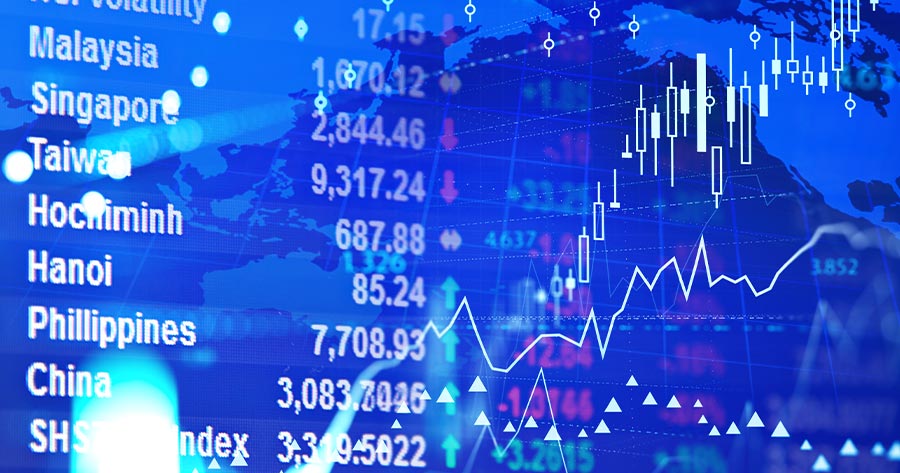On Thursday morning (10 October, 9:15 AM, GMT+7, Bangkok time), most indices in Asia Pacific increased following Wall Street’s upbeat performance where the S&P 500 and Dow Jones Industrial Average achieved new record highs.
Investors brushed off geopolitical worries as they embraced the bullish sentiment, while assessing Japan’s producer prices for September and keeping eyes on developments in China, especially after the Shenzhen Composite Index recorded its most significant single-day drop since 1997 on Wednesday, following disappointment on the lack of further announcement on stimulus measures.
Japan’s producer price index saw a 2.8% increase in September compared to the previous year, marking a pick-up from the revised 2.6% uptick in August and surpassing market expectations of a 2.3% uptick based on a Reuters survey.
Conversely, on a monthly basis, the producer price index remained unchanged in September, contrary to market projections of a 0.3% decline.
Japan’s NIKKEI grew by 0.24% to 39,374.1. South Korea’s KOSPI rose by 0.44% to 2,605.81, and Australia’s ASX 200 surged by 0.62% to 8,238.1.
As for stocks in China, Shanghai’s SSEC climbed by 0.37% to 3,270.84. Hong Kong’s HSI jumped by 2.52% to 21,157.5, while Shenzhen’s SZI slid by 0.22% to 10,534.17.
Meanwhile, the US stock markets edged up on Wednesday as the Dow Jones Industrial Average (DJIA) soared by 1.03% to 42,512. NASDAQ gained 0.6% to 18,291.62, and S&P 500 increased by 0.71% to 5,792.04. VIX slumped by 2.61% to 20.86.
As for commodities, oil prices settled lower on Wednesday following a significant sell-off in the prior session. The recent rally triggered by heightened concerns of a potential broader conflict in the Middle East has paused as uncertainty looms over Israel’s response to Iran’s recent ballistic missile attack. Additionally, the absence of new economic stimulus measures from Chinese policymakers during a recent press conference has also contributed to limiting any significant advances in energy prices. Brent futures declined 60 cents or 0.78% to $76.58 a barrel, and the West Texas Intermediate (WTI) dropped 33 cents or 0.45% to $73.24 per barrel.
This morning, Brent futures edged up 32 cents or 0.42% to $76.9 a barrel, and the WTI gained 31 cents or 0.42% to $73.55 per barrel.
Meanwhile, gold futures climbed by 0.02% to $2,626.6 per Troy ounce.





